Pope Francis, the first Latin American and Jesuit leader of the Roman Catholic Church, died on Monday morning at the age of 88 following complications from double pneumonia. His death came just a day after delivering a final Easter message at St. Peter’s Basilica, in which he called for peace in Ukraine, Gaza, Myanmar, and other regions in crisis.
The Vatican confirmed his passing and has initiated traditional funeral protocols.
“Dearest brothers and sisters, with deep sorrow I must announce the death of our Holy Father Francis. At 7:35 this morning, the Bishop of Rome, Francis, returned to the house of the Father,” Cardinal Kevin Farrell, Camerlengo of the Apostolic Chamber announced Monday. “His entire life was dedicated to the service of the Lord and of His Church. He taught us to live the values of the Gospel with fidelity, courage, and universal love, especially in favor of the poorest and most marginalized.”
The late pontiff’s Requiem Mass is scheduled for April 22, while the College of Cardinals prepares for a conclave to elect his successor. The canonization of Carlo Acutis and several other Vatican events have been postponed during the mourning period.
Learn more about the all-new VT News and subscribe today!
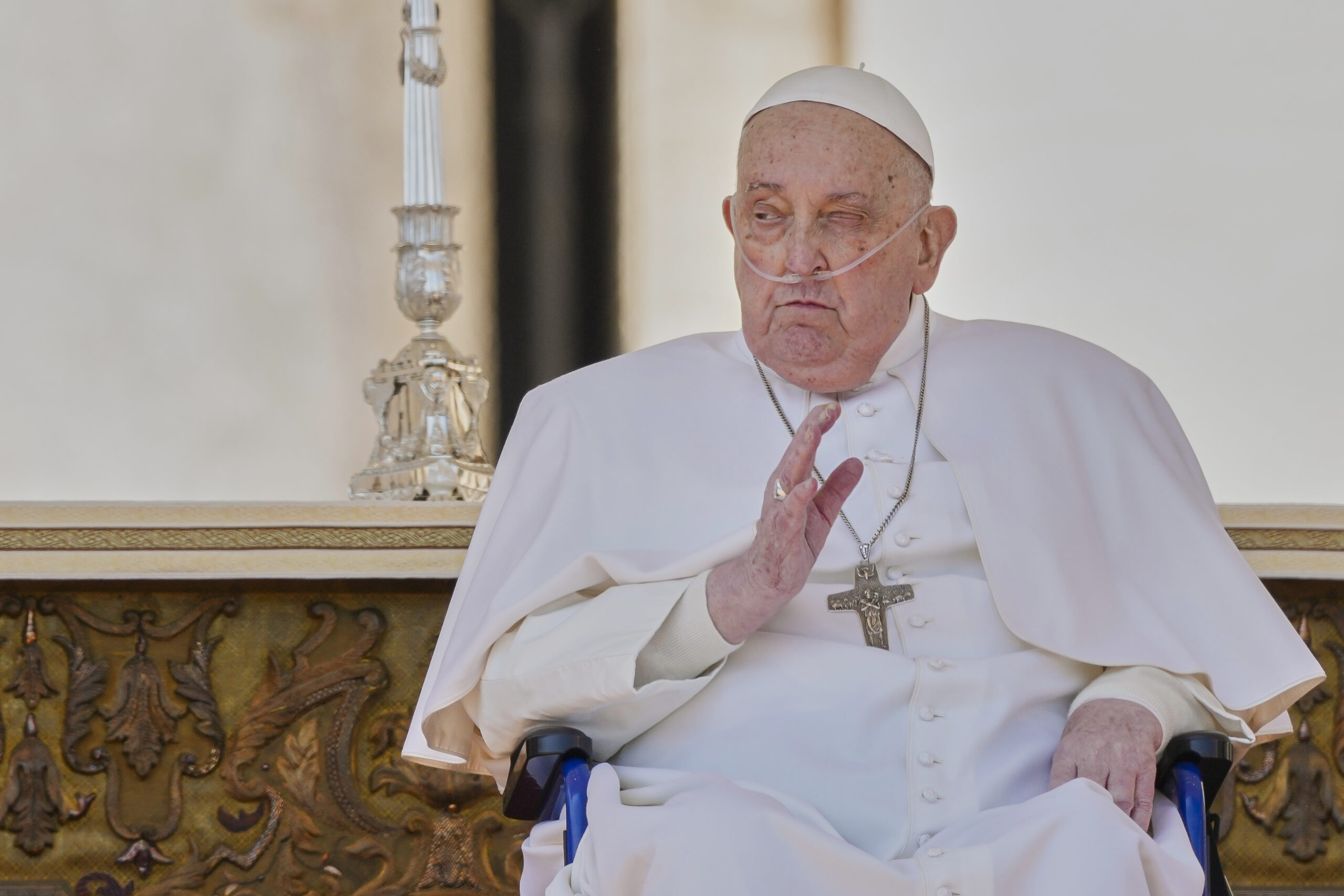
Pope Francis, born Jorge Mario Bergoglio in Buenos Aires, Argentina, became pope in 2013. He broke centuries of European precedent, signaling a new era with his simple lifestyle, inclusive rhetoric, and focus on the poor and marginalized. His papacy was marked by progressive stances on climate change, economic inequality, LGBTQ+ inclusion, and interfaith dialogue.
Six months after assuming the office, he remarked that the church was too “obsessed” with cultural disputes over gay marriage, abortion, and contraception, declaring that “It is not necessary to talk about these issues all the time. The dogmatic and moral teachings of the church are not all equivalent. The church’s pastoral ministry cannot be obsessed with the transmission of a disjointed multitude of doctrines to be imposed insistently.”
This would become the first of many controversies during his time as the head of the Catholic Church.
Throughout his 12-year papacy, Francis prioritized reform and transparency within the Church, addressing the clerical sex abuse crisis, revamping Vatican finances, and simplifying bureaucratic processes. While his critics accused him of insufficient follow-through on major reforms, his supporters hailed him as a “People’s Pope” who restored moral authority and spiritual relevance to the papacy.
Francis’s global impact extended beyond Catholicism. He built bridges with leaders of other faiths, co-signing the landmark Document on Human Fraternity with the Grand Imam of Al-Azhar and visiting conflict zones including Iraq, the Arabian Peninsula, and Palestine.
He also championed the cause of immigrants, denouncing US President Donald Trump’s plans to build a border wall in 2016 as “not Christian.” Then, following Trump’s return to office in 2025, the Pope sent a letter to American bishops stating that “the act of deporting people who in many cases have left their own land for reasons of extreme poverty, insecurity, exploitation, persecution or serious deterioration of the environment, damages the dignity of many men and women, and of entire families, and places them in a state of particular vulnerability and defenselessness.”
Tributes poured in from across the globe. King Charles, President Emmanuel Macron, Ukrainian President Volodymyr Zelenskyy, and religious leaders from Kenya to Sri Lanka hailed his compassion, humility, and unwavering calls for peace. Palestinian leaders honored his support for their rights, while Argentina’s San Lorenzo football club mourned the lifelong fan who viewed sport as a unifier. The sports world also paid respects, postponing matches and dedicating tributes.
In the United States, cities like Philadelphia and Austin joined the global chorus of grief, holding vigils and Masses in his memory. Cardinals across North America, including Blasé Cupich of Chicago and Frank Leo of Toronto, praised his commitment to service and urged Catholics to carry forward his mission.
Despite recurring health issues, including surgeries and prolonged hospitalizations at the end of his life, Francis remained visibly active until the end. His last appearance, on Easter Sunday, moved many who had not expected his death to come so soon. In one of his final public appearances, the Pope met with American Vice President JD Vance, who had attended the Vatican’s Easter service.
Today I met with the Holy Father Pope Francis. I am grateful for his invitation to meet, and I pray for his good health.
Happy Easter! pic.twitter.com/SIhU9gYQl2
— Vice President JD Vance (@VP) April 20, 2025
“I just learned of the passing of Pope Francis. My heart goes out to the millions of Christians all over the world who loved him,” wrote Vance on Monday morning. “I was happy to see him yesterday, though he was obviously very ill. But I’ll always remember him for the below homily he gave in the very early days of COVID. It was really quite beautiful. May God rest his soul.”
I just learned of the passing of Pope Francis. My heart goes out to the millions of Christians all over the world who loved him.
I was happy to see him yesterday, though he was obviously very ill. But I’ll always remember him for the below homily he gave in the very early days…
— JD Vance (@JDVance) April 21, 2025
As the world reflects on his legacy, Pope Francis is remembered not only as a religious leader but as a global moral voice. His blend of humility, courage, and compassion redefined the papacy and inspired millions to see faith as a force for justice and inclusion.
The conclave to elect his successor will begin after a nine-day mourning period, with 138 cardinal electors gathering in the Sistine Chapel. Until then, Cardinal Kevin Farrell will serve as camerlengo, overseeing daily Vatican operations.
Connor Walcott is the lead writer for Valuetainment.com. Follow Connor on X and look for him on VT’s “The Unusual Suspects.”
Got a hot scoop or an idea for a story? Connect with the VT writers on Minnect!

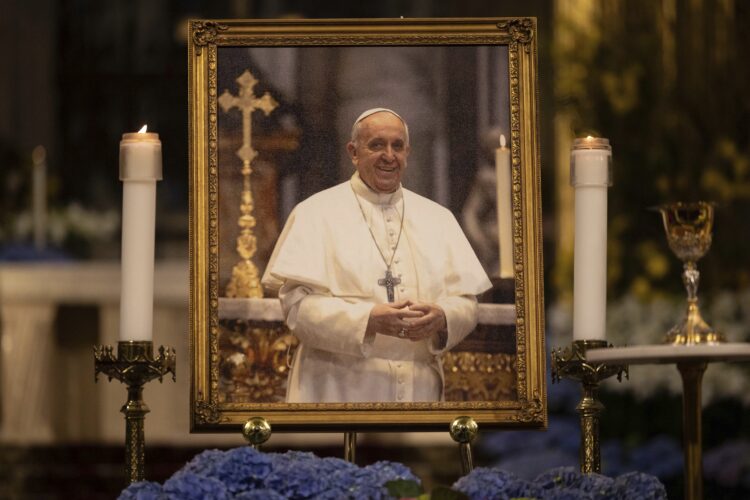




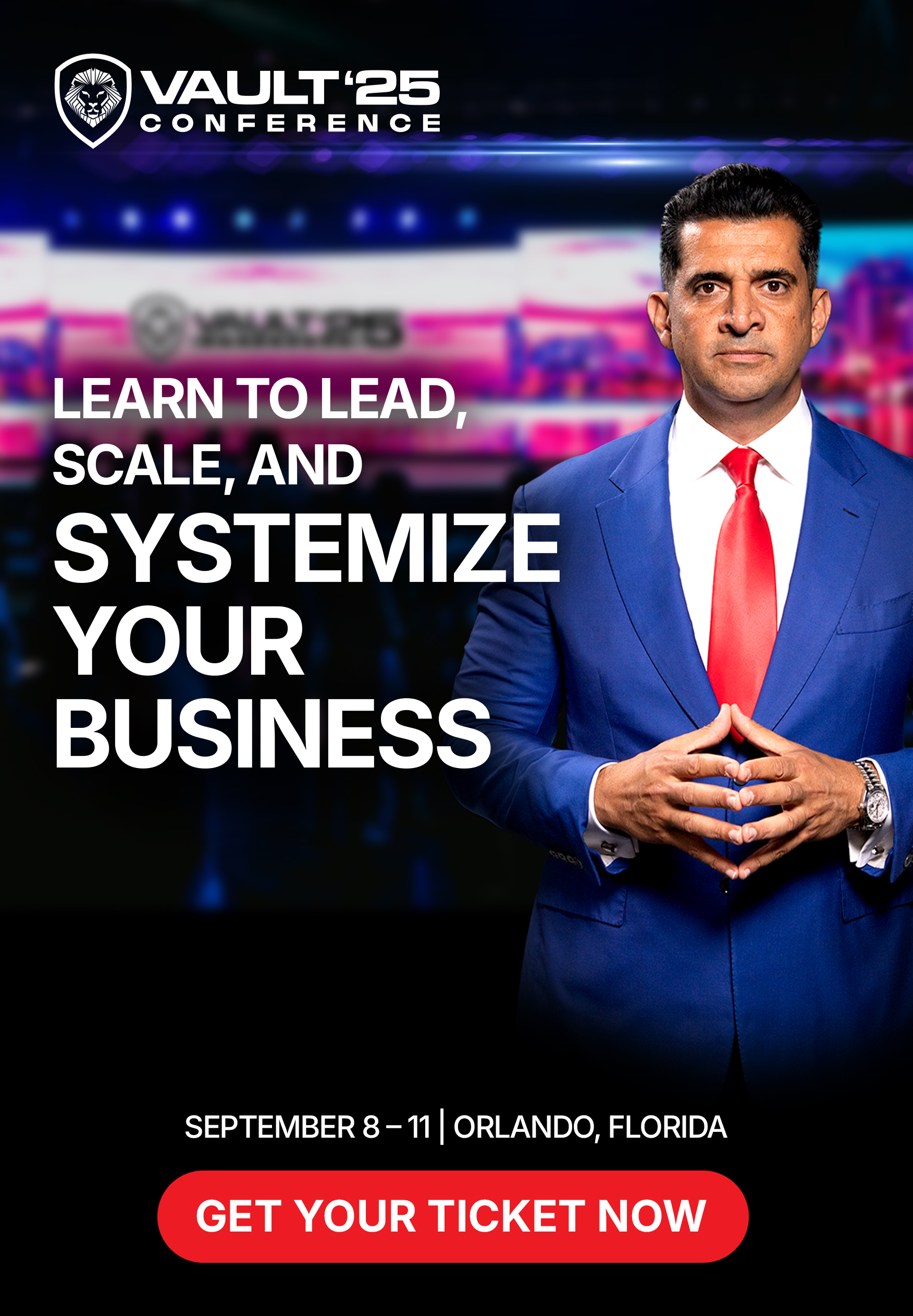



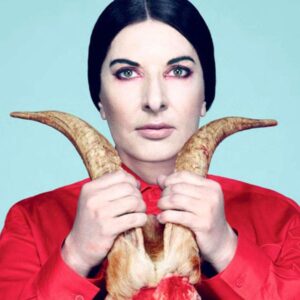
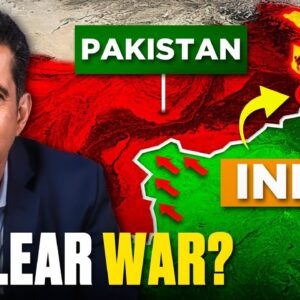







Add comment